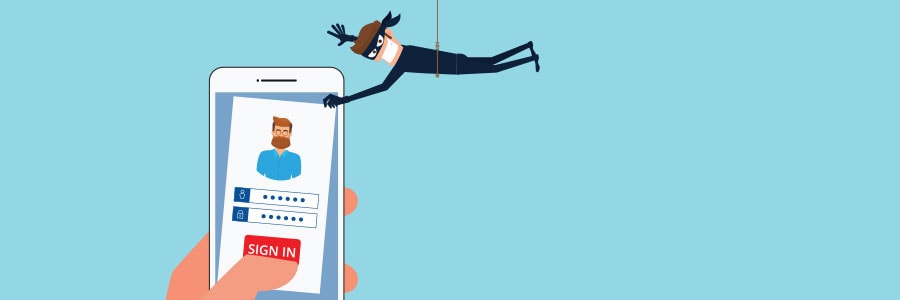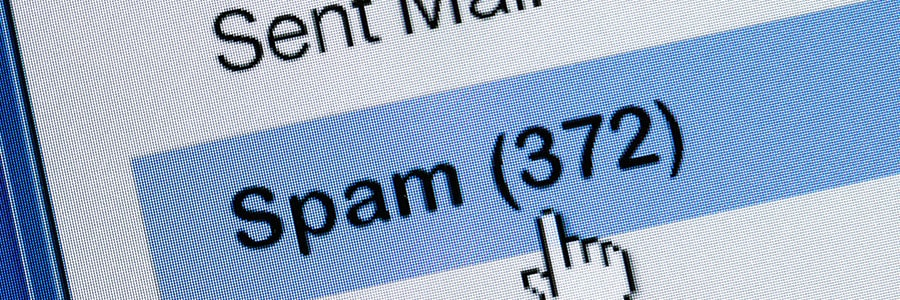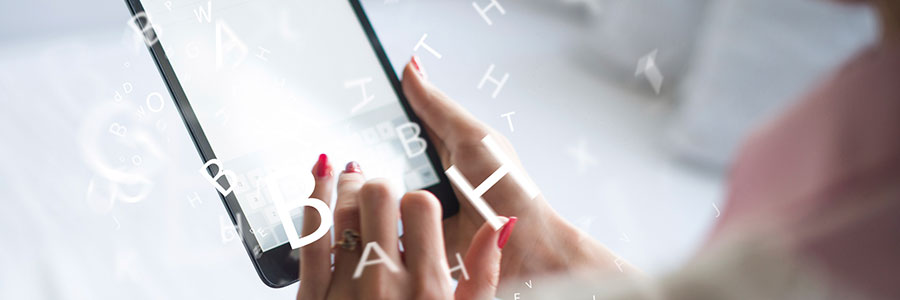The Facebook worldwide privacy scandal should have been a wake up call for all of us to revisit our social media privacy settings. We should be vigilant in keeping our personal information safe. Here are tips to keep your Facebook and Twitter accounts well-secured.
Protect your network from watering hole attacks
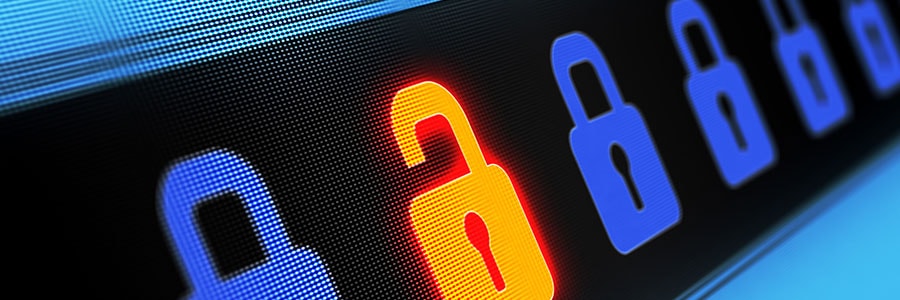
With evil elements continuously developing novel ways to infiltrate networks and steal user data, it is more crucial than ever to stay one step ahead of the curve. Protect yourself from cybercriminals by learning more about their methods. Here are some tips to deal with the threat of watering hole attacks:
What are watering hole attacks?
Watering hole attacks are used to distribute malware onto victims’ computers in a similar way phishing activities are conducted.
A new kind of attack: Distributed spam distraction
Simple ways to protect your email account
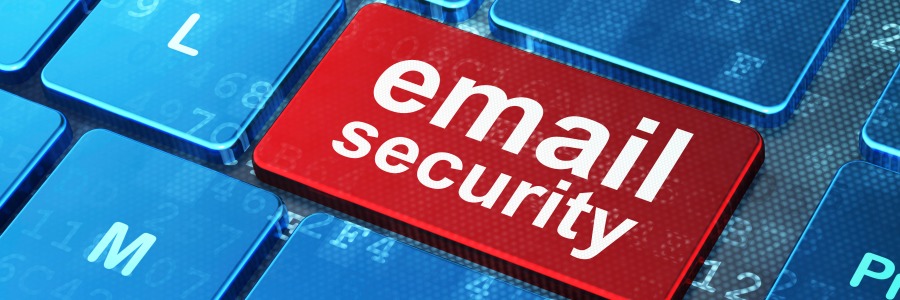
Everyone uses email as the central hub for their personal internet activities, but this also makes it an attractive target for cyberattacks. The importance of email security is vital to your company’s survival, so applying these simple tips can dramatically reduce your exposure to hackers and malware.
5 Tips for protecting corporate data
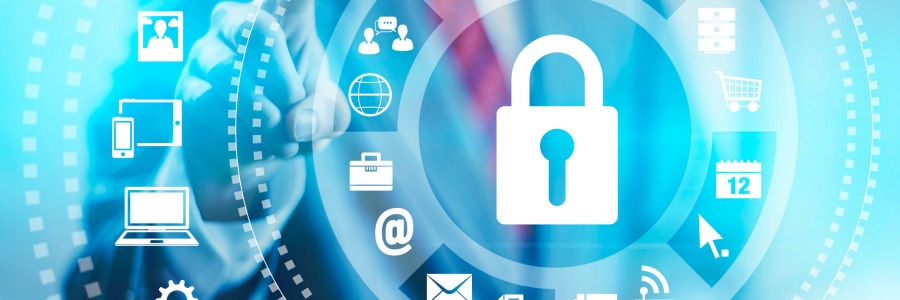
A data breach can happen to anyone, even to the most secure businesses or financial institutions — and cybercriminals could even attack your company’s network. How can you be sure your network is completely hacker-safe? As a business owner, you can’t afford a data breach, as it could cost you your clients and reputation.
IT terms you need to know

Jargon can be intimidating if you’re dealing with IT issues and you’re anything but techy. Running an anti-malware scan can generate auto pop-ups that leave you clueless with IT terms that sound Greek. Learning the basic concepts listed here will help you move on and not be surprised the next time that happens.
What are 2-step and 2-factor authentication?
Warning signs your computer has malware
Monitoring employees online: Is it right?

The choice to monitor your employees’ computers or not is a tricky one. While part of you may think it’s unethical, it could end up saving you hours of lost productivity or preventing a data breach. Here are some pros and cons of employee monitoring, and some tips to handle it fairly if you decide it’s right for your business.
Cybersecurity for small- and medium-sized businesses
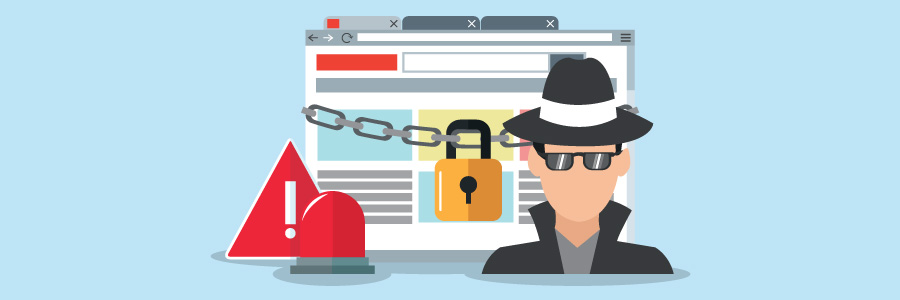
Has your organization been hit with a data breach or ransomware recently? This happens more often than you might think to businesses of all sizes. Given the frequency, complexity, and increasing number of threats, a multi-level, agile, and cutting-edge cybersecurity strategy is the only response that will protect businesses from massive losses.

